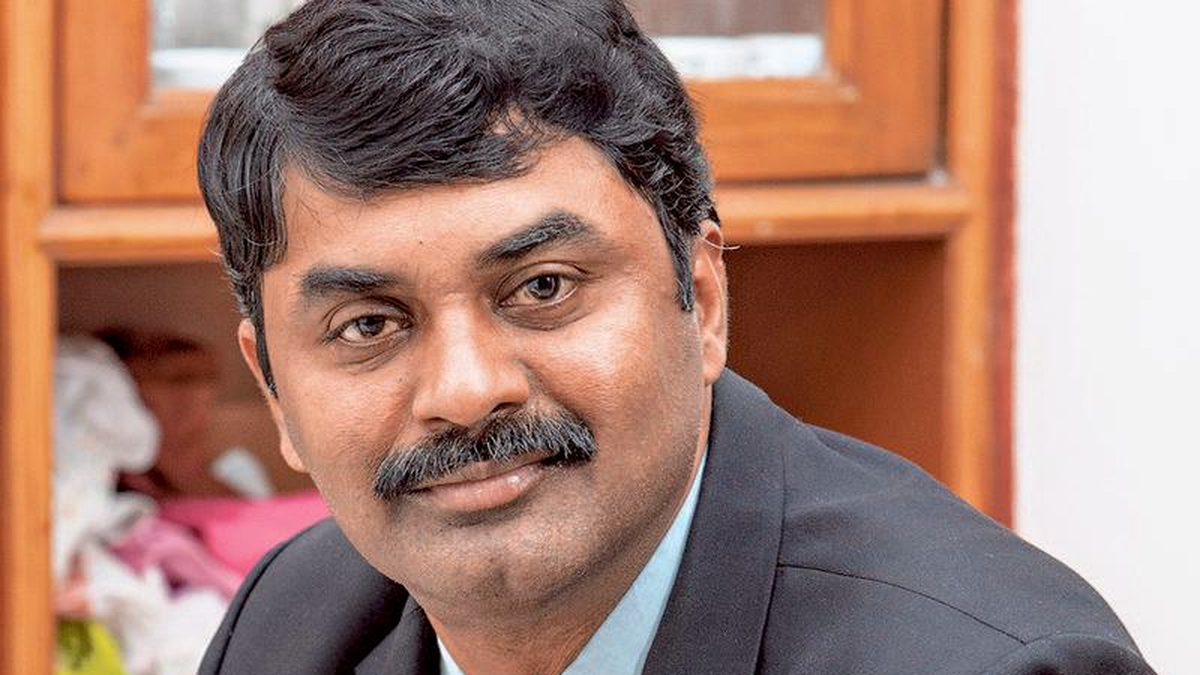[ad_1]

Rajive Kumar, Member AICTE, New Delhi, handing over the trade mark certificate to N.M.Veeraiyan, founder and chancellor, SIMATS, at a function on Tuesday. S.K.Varshney, Department of Science and Technology, New Delhi, is in the picture….
| Photo Credit: SRINATH M
Speaking at an event organised by Saveetha Engineering College to commemorate the securing of a trademark for ‘ SEC Flexi Learn’ a fully flexible choice-based credit system of the institute, Prof. Rajive said that to implement the provisions of the National Education Policy, the University Grants Commission introduced the NCF to integrate credits earned by students in school education, higher education, vocational education and other skill development courses. Though several government educational institutions were rigid in adopting this framework, many private educational institutions had come forward to adopt the framework and were reaping the benefits in the best possible way.
“To overcome implementation bottlenecks, the Union government formed three sub-committees with a mandate to draft Standard Operating Procedures (SOPs) for implementing the NCF at school, higher and vocational education level. The SOP for the operationalisation of NCF in higher education was notified a few days ago. It focuses on implementing NCF based on a student-centric model where students can choose diverse domains like engineering, music and sports to earn credits. The advantage of NCF is its flexibility. One can earn credits through skill development courses offered by companies and private knowledge providers, as well,” he added.
S.K. Varshney, former head of the International Scientific Cooperation, Department of Science and Technology, Government of India, said: “Educational institutions should design and adopt new approaches. Education is dynamic and we acquire new knowledge every day. Communicating the newly acquired knowledge to the masses is very important. We need to accelerate growth in all directions. Integration of legacy disciplines is the need of the hour.”
M. Mahalakshmi, Assistant Registrar, Trademarks and Geographical Indications, Indian Patent Office, Chennai, said in recent years, with advancements in science and technology, Intellectual Property Rights (IPR) gained more importance as they offered exclusive ownership and prevented fraudulent users from gaining profits.
N. M. Veeraiyan, Chancellor, Saveetha University, said ‘SEC Flexi Learn’ would offer a fully flexible choice-based credit system that fostered holistic learning and empowered students to become lifelong learners. “We do things differently. It will not be like a normal experience. It is a brainchild of our institution,” he added.
S. Rajesh, Director; V. Vijaya Chamundeeswari, Principal; N. Raja Rajeswari, Dean, Student Affairs of Saveetha Engineering College, were among others present.
[ad_2]
Source link


